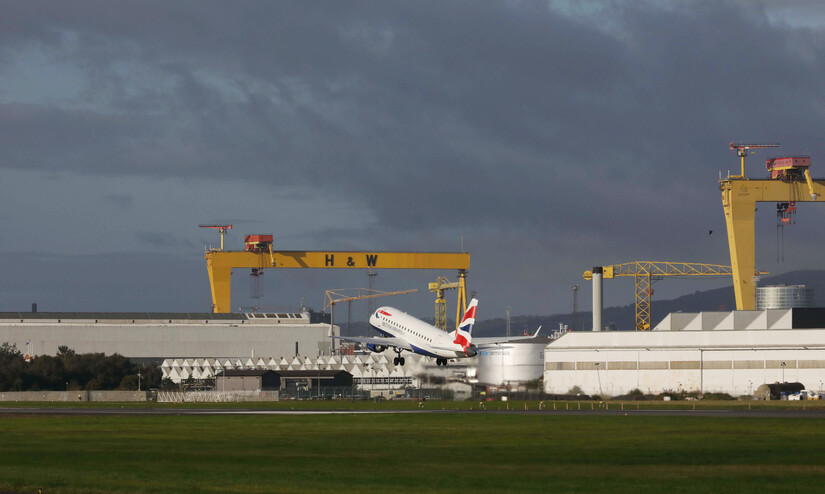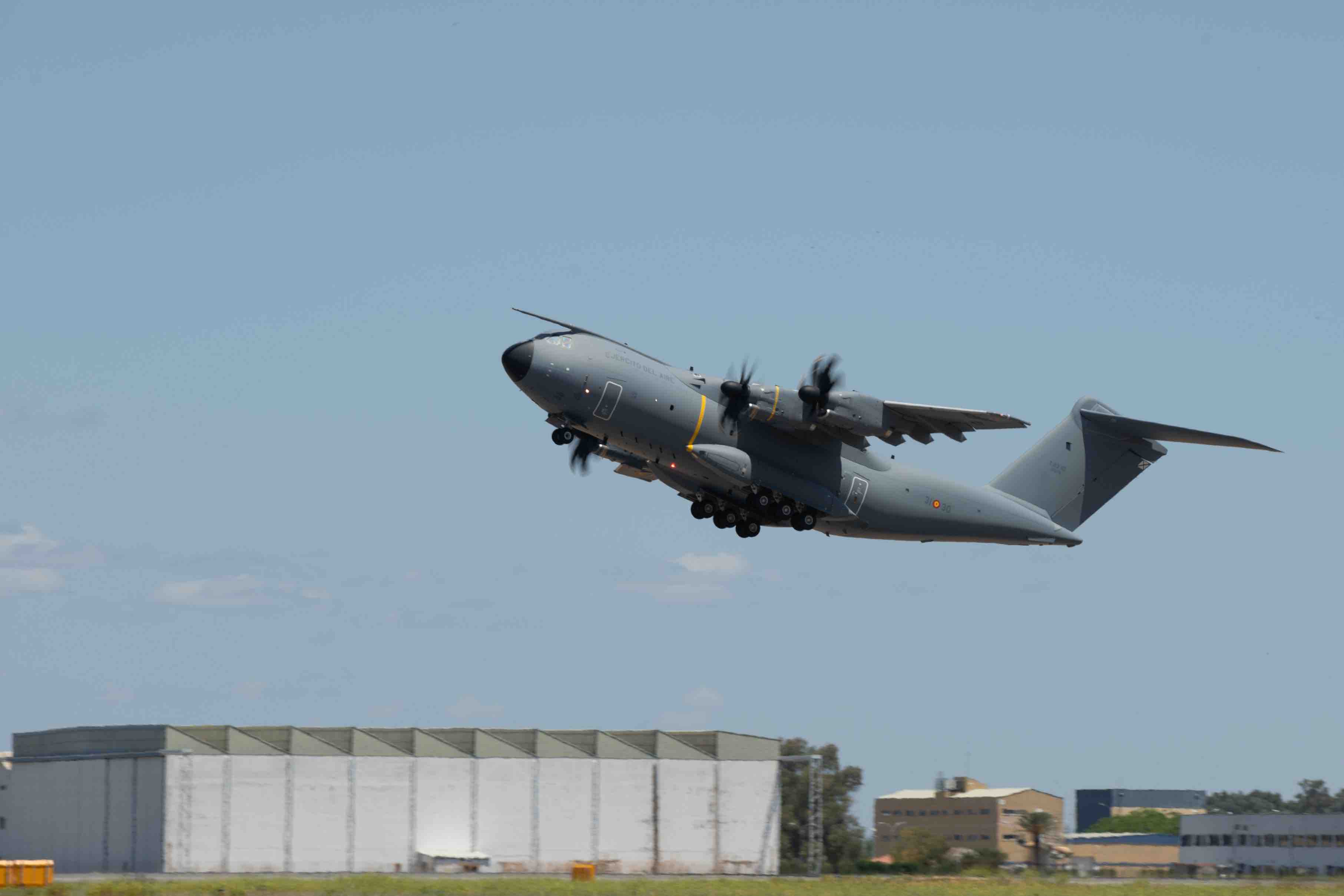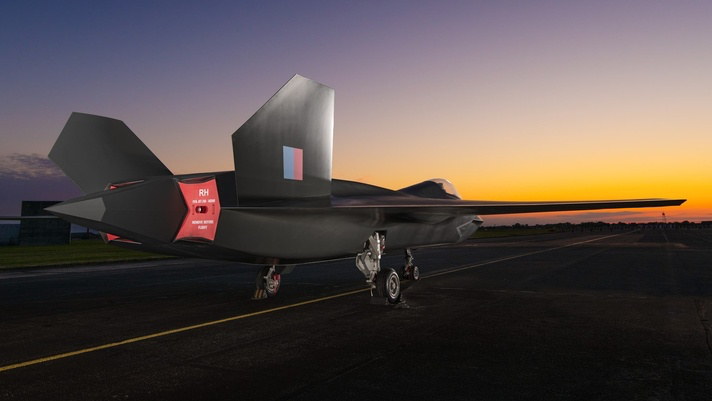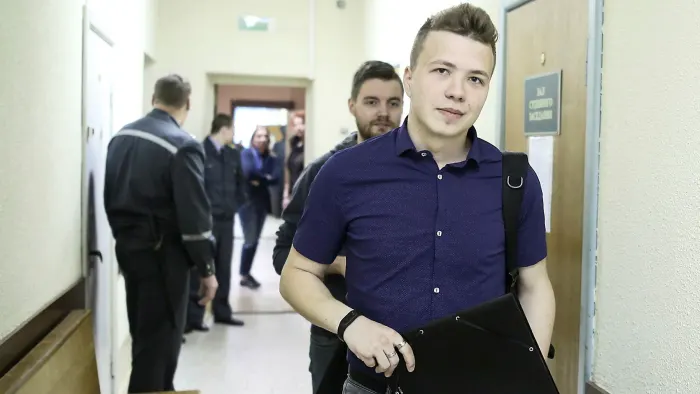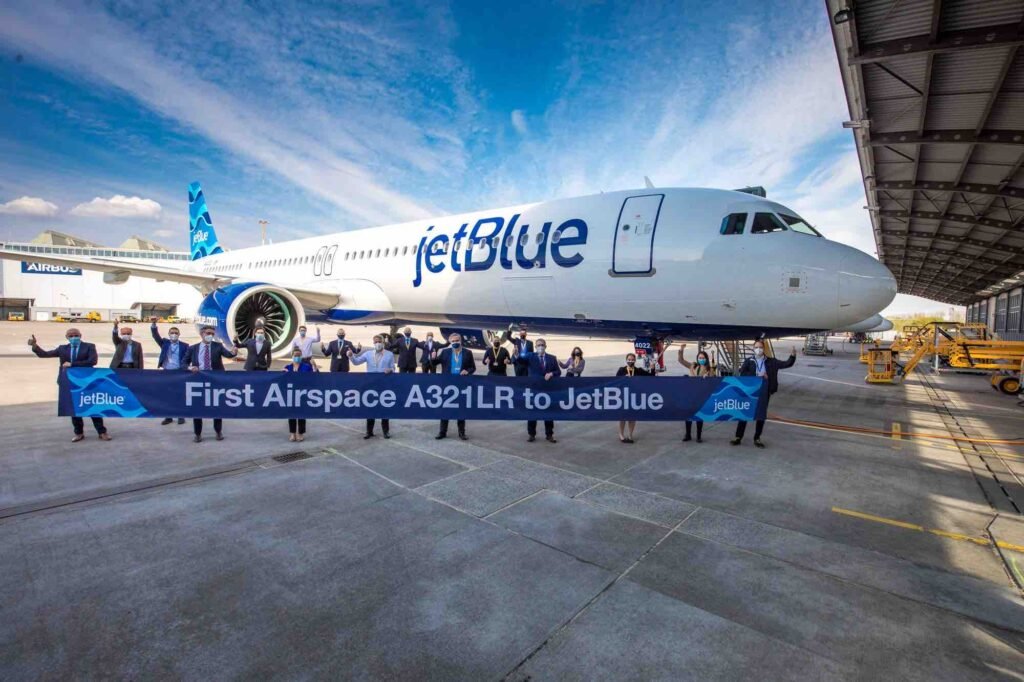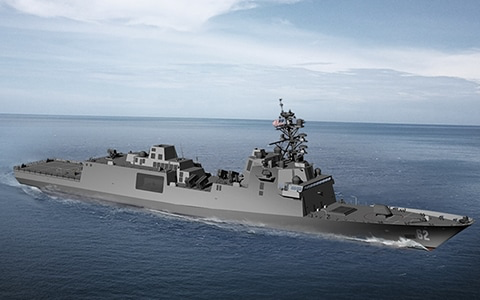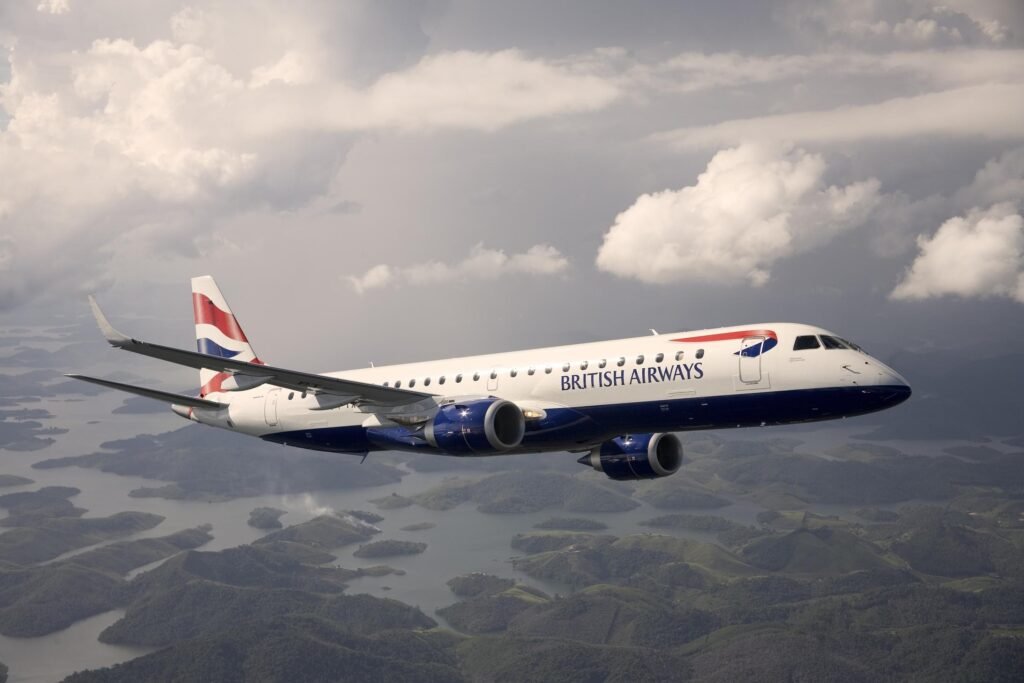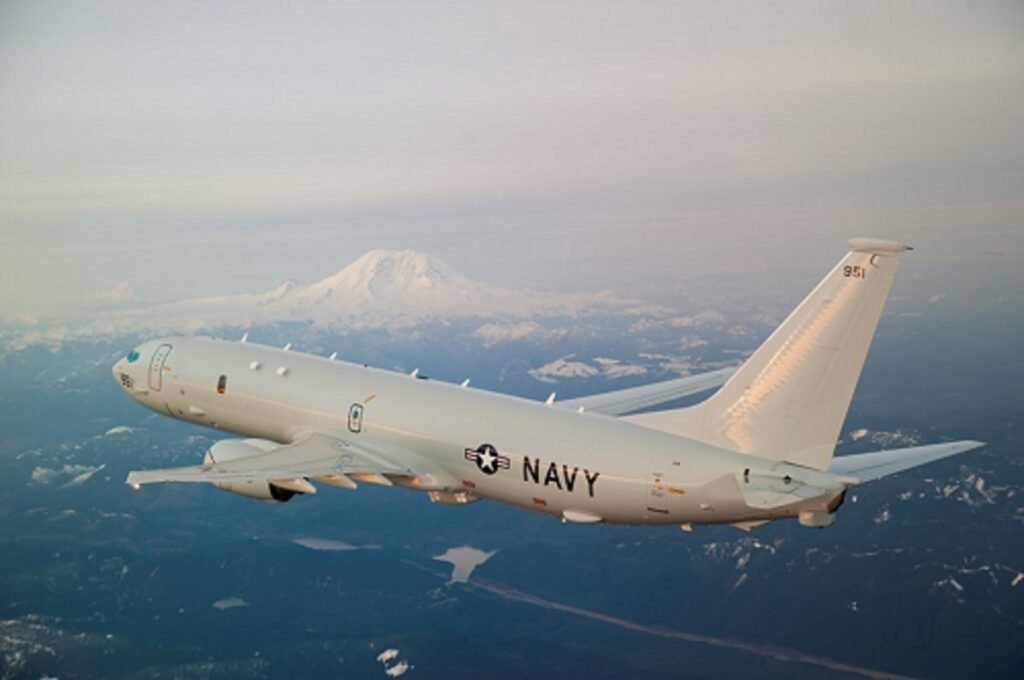New British Airways Service From Belfast to Exeter, Leeds/Bradford, Newquay and Glasgow
British Airways is launching four new domestic routes from Belfast this summer, supporting important business and tourism links between Northern Ireland and the rest of the United Kingdom. Over the next few months, the airline…
